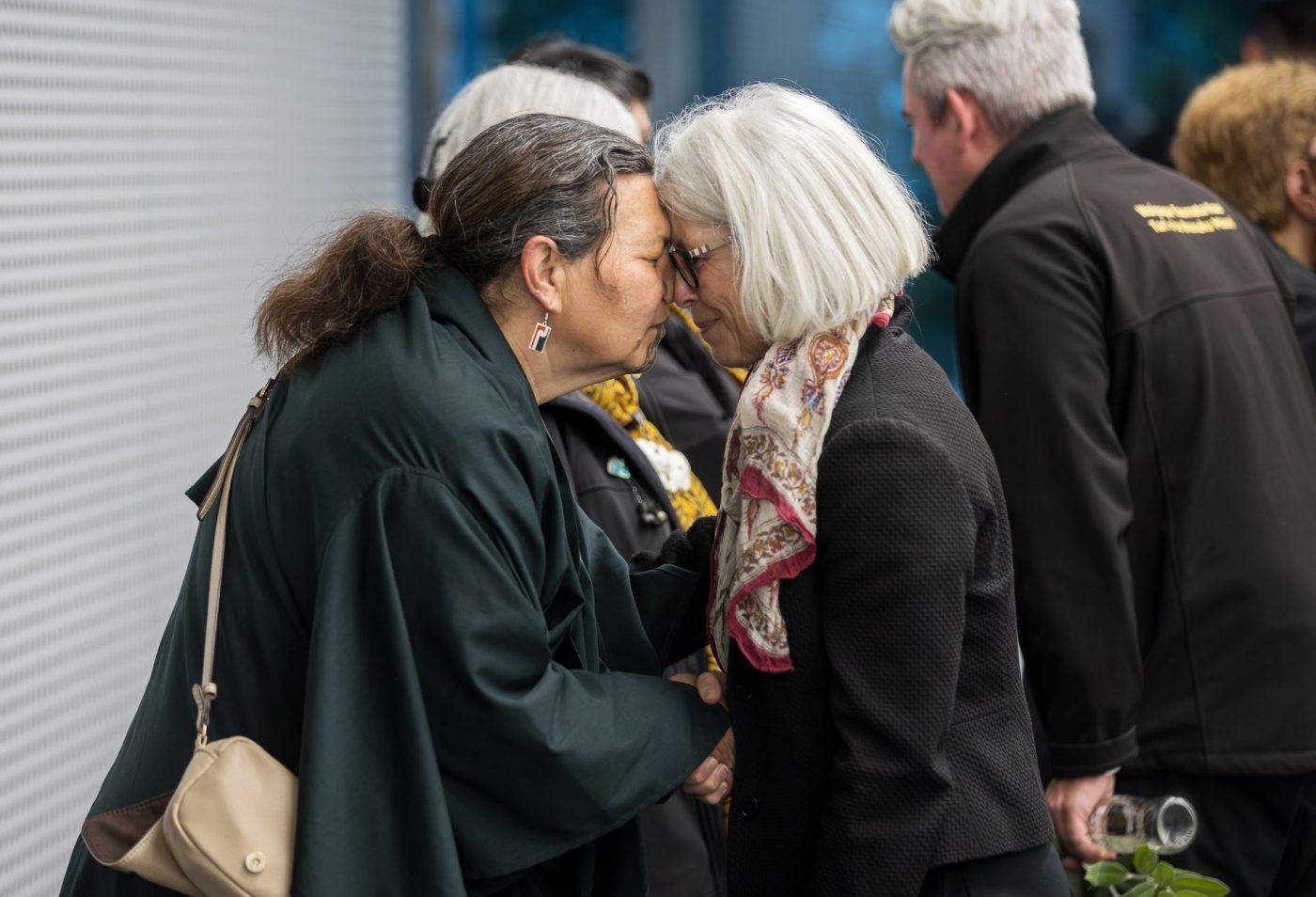
- By Parmjeet Parmar, Pakuranga-based ACT List MP
Many young Kiwis are now looking ahead to the start of the university year.
Three or more years at university involves real cost. Students will accumulate significant debt and sacrifice years which could have otherwise been spent earning money and gaining skills in the workforce.
We owe it to these young people to ensure their time studying maximises their potential to build better futures for themselves while contributing to New Zealand.
ACT is concerned our universities are on the wrong track.
The University of Auckland will this year introduce a new compulsory course for all first-year students focused on the Treaty of Waitangi and tikanga Māori (indigenous knowledge).
The compulsory nature of the course means students will have less time to focus on their chosen areas of specialisation, or to explore elective papers that add joy and variety to the university experience.
Those studying medicine or engineering may find little direct relevance in tikanga Māori for their professional development.
The course will hold even less relevance for international students, who study here for careers abroad, paying full fees and effectively subsidising university for locals.
ACT has consistently stood for choice and variety in our education system. New Zealand’s collective knowledge is in fact stronger when different people have different learning experiences.
Young people can take their varied knowledge into the world and engage in healthy disagreement and debate, pitching different knowledge systems against one another.
The push to put tikanga Māori at the centre of study is not limited to the University of Auckland.
The Council of Legal Education is implementing compulsory tikanga Māori courses for law students at universities across New Zealand.
The downstream effect will be to infuse every part of our legal system with tikanga, enabling judicial activism that undermines the intent behind legislation passed by our elected Parliament.
Privileging indigenous knowledge systems will undermine academic freedom.
It threatens open inquiry and evidence-based approaches such as the scientific method.
And it makes our collective knowledge base narrower and less relevant internationally.
Universities have the freedom to set their own policies, but they are publicly funded and deserve scrutiny.
At the very least, prospective students and their families should be fully informed about an increasingly dictatorial approach to the instruction of politically sensitive topics like the Treaty.
ACT will continue to stand for choice, not compulsion, in education.









